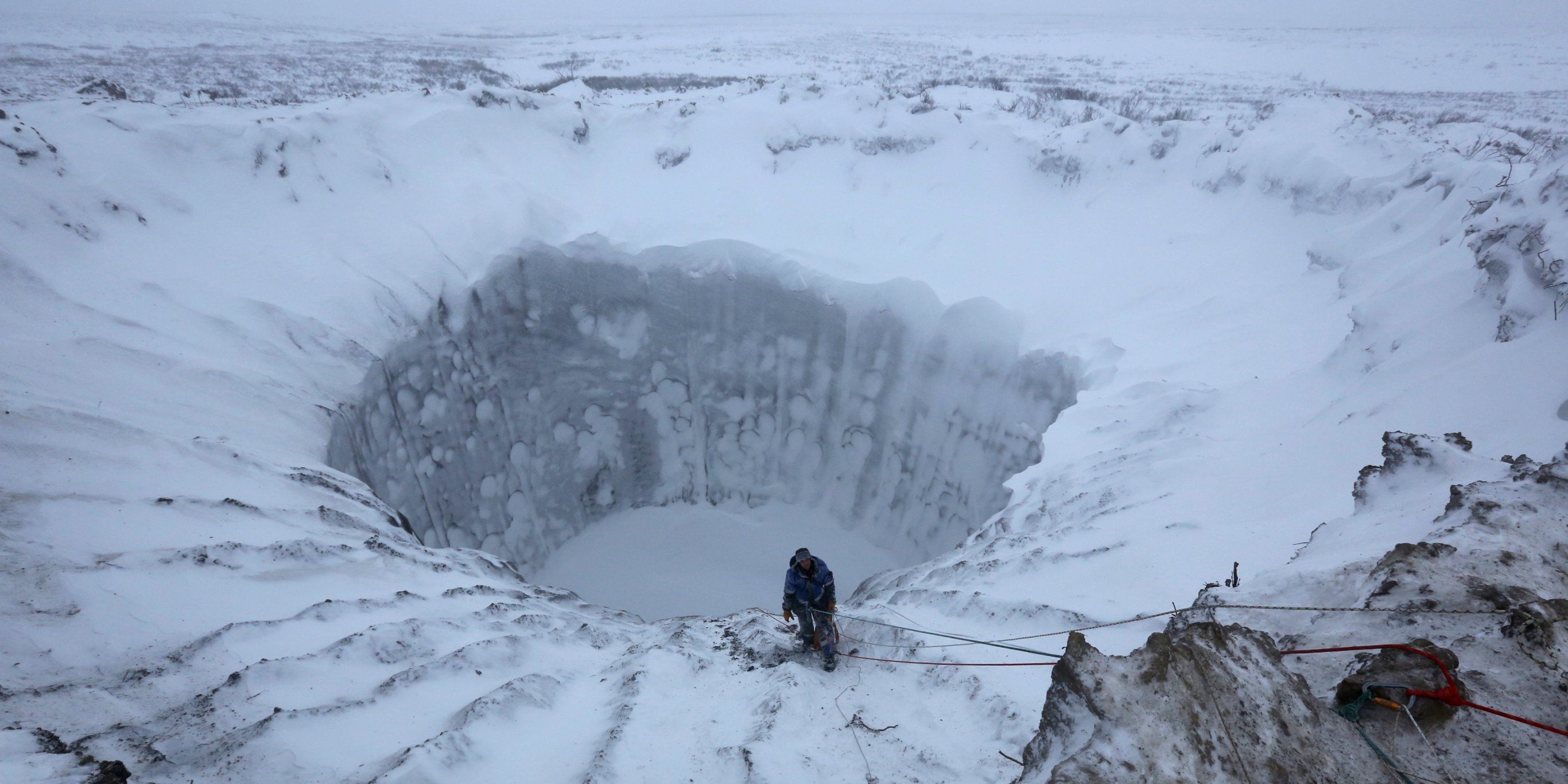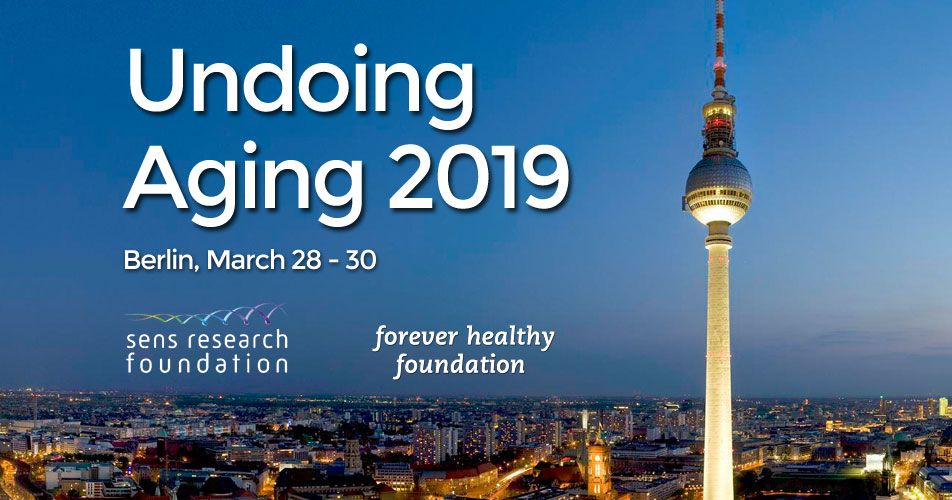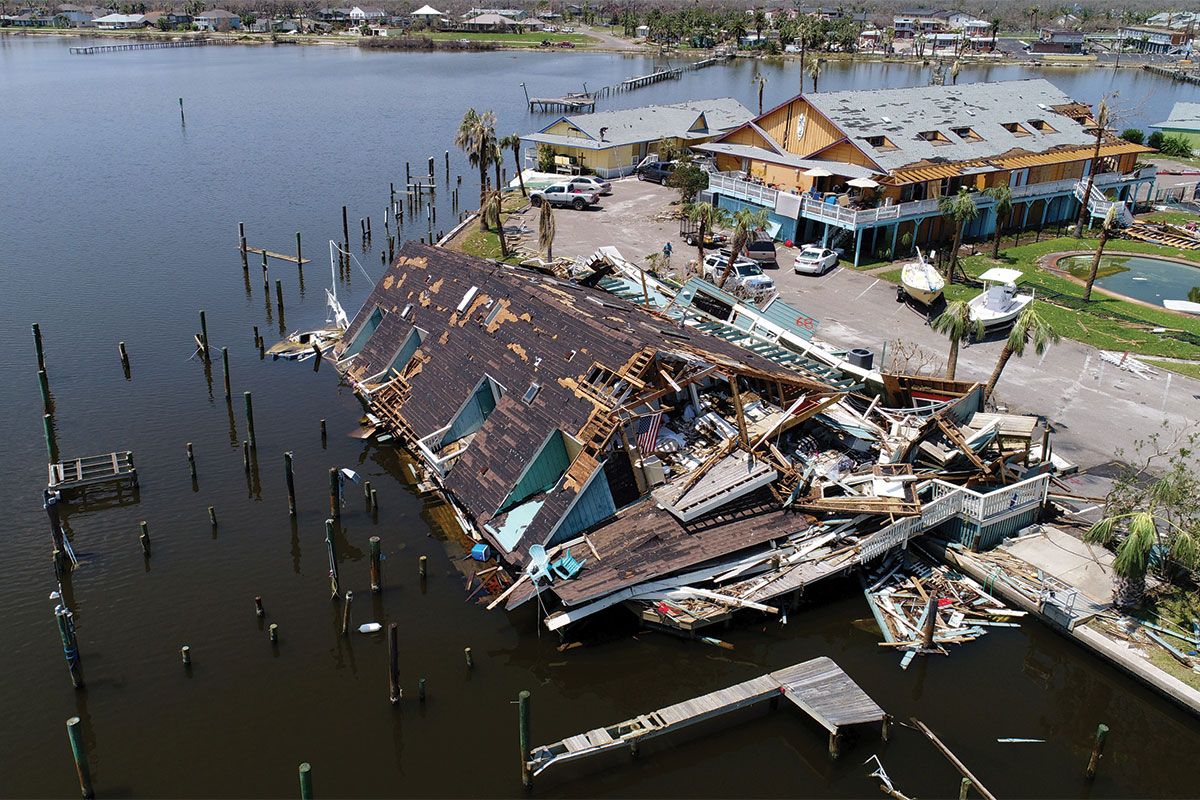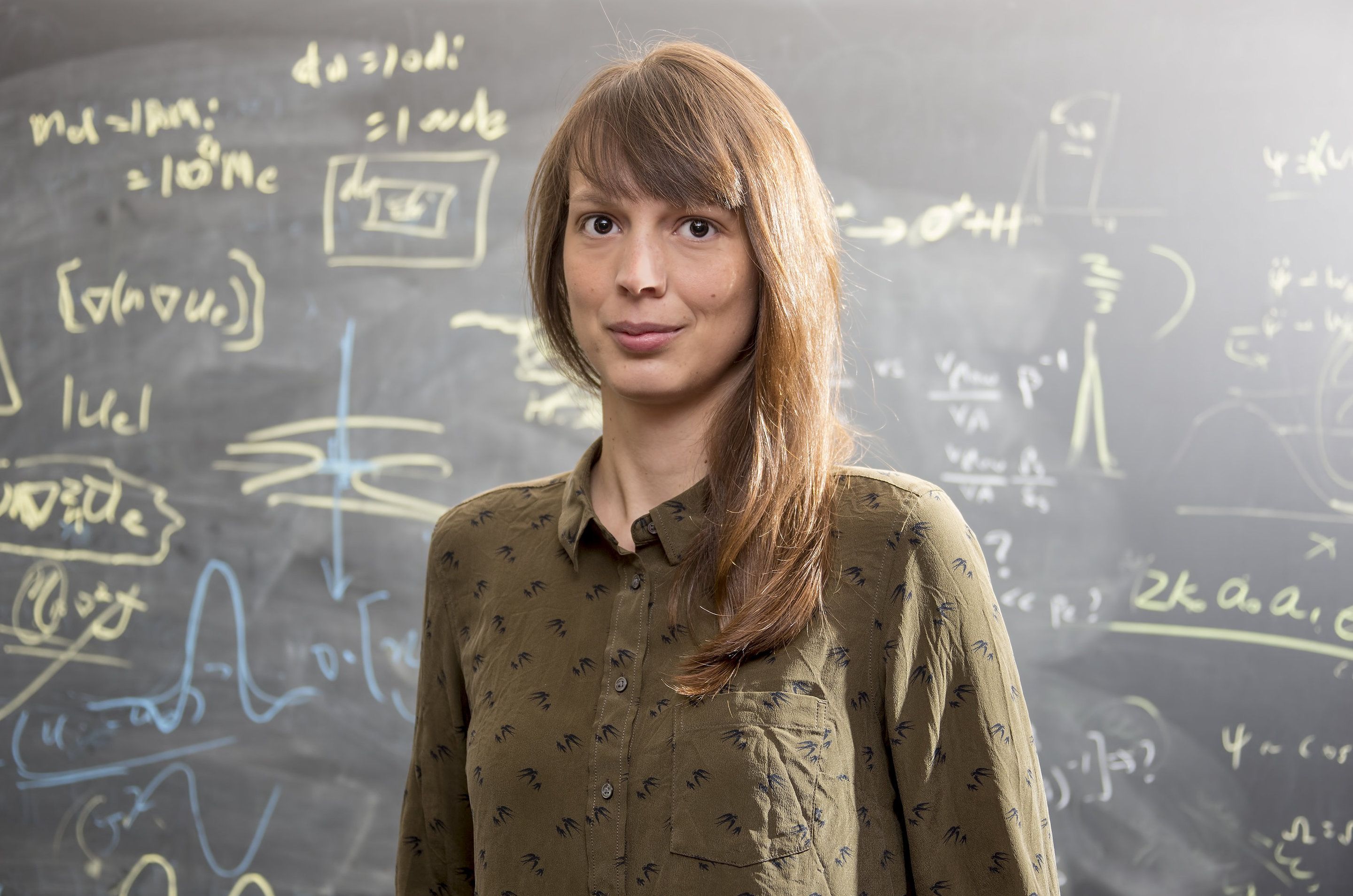Page 9599
Jul 18, 2018
Celebrating Success at Our First Conference
Posted by Steve Hill in categories: biotech/medical, business, life extension

We brought the leading experts in aging research and biotech investment together for an action-packed day of science. See what happened at this exciting event and check out our first event video now.
On July 12th, we hosted our first conference, Ending Age-Related Diseases: Investment Prospects & Advances in Research, at the Frederick P. Rose Auditorium, which is part of the Cooper Union campus in New York City. We are delighted to announce that the conference was a huge success with 160 attendees, a wide variety of speakers from both research and business, and some great discussion panels.
Continue reading “Celebrating Success at Our First Conference” »
Jul 18, 2018
Urbanization and changes to climate could pack a one-two punch for watersheds in the future, study finds
Posted by Bill Kemp in categories: climatology, economics, health, sustainability
Watersheds channel water from streams to oceans, and more than $450 billion in food, manufactured goods and other economic factors depend on them, according to the Environmental Protection Agency. Watersheds also are crucial to the health of surrounding ecosystems and communities. Now, researchers from the University of Missouri have found that climatic changes and urban development, when working in tandem, could have profound effects on watersheds by midcentury.
“In some cases, the effects of urban development and climatic changes on hydrologic conditions can be intensified when both stressors are considered,” said Michael Sunde, a researcher in MU’s School of Natural Resources. “In spring, for example, we found that both factors could increase runoff, which, in turn, can send more pollutants into streams, increase erosion and cause more serious flooding.”
Sunde (pronounced “Soond”) and his colleagues used several models, including land cover change, hydrologic and climate model projections to identify potential changes in a Missouri watershed for the mid-21st century. Individually, increased urbanization and climate change were shown to have different impacts on the watershed. Researchers found that urban development is likely to increase runoff and limit the amount of water absorbed into the ground as groundwater. Evaporation of water from soil and other surfaces and consumptive water use by plants is also expected to decrease due to urbanization. Conversely, projected temperature increases and changing precipitation patterns would cause decreases to runoff and increased evaporation and plant transpiration. However, climate impacts were shown to vary widely, depending on the season and direction of precipitation changes projected by climate models.
Jul 18, 2018
Doug Ethell presenting at Undoing Aging 2018
Posted by Michael Greve in categories: biotech/medical, life extension, neuroscience
New video from Undoing Aging 2018: Doug Ethell, Founder and CEO of Leucadia Therapeutics, presenting: Alzheimer’s Disease Begins as a Fixable Plumbing Problem.
Jul 18, 2018
Blood test detects melanoma skin cancer while it’s easily treatable
Posted by Genevieve Klien in category: biotech/medical
A blood test that detects melanoma in its early stages may allow people to get treatment before the cancer spreads and becomes difficult to cure.
Jul 18, 2018
Drones are checking up on insurance claims to look for fraudsters
Posted by Genevieve Klien in category: drones
Insurance companies are training hundreds of drone pilots to check property damage from the air to make sure claims are legitimate.
Jul 18, 2018
Rolls-Royce is building robot roaches and snakes to repair airplane engines
Posted by Klaus Baldauf in categories: robotics/AI, transportation
The engines of an airplane are complicated machines with plenty of hard-to-reach places, and keeping them in working order requires a lot of time and maintenance. The future of this task, as Rolls-Royce sees it, could involve deploying different kinds of of robots that patrol these aircraft parts and quickly nip any problems in the bud.
Jul 18, 2018
Researchers develop new solar sailing technology for NASA
Posted by Klaus Baldauf in categories: materials, space travel
Spacecraft outfitted with sails and propelled by the sun are no longer the stuff of science fiction or theoretical space missions. Now, a Rochester Institute of Technology researcher is taking solar sailing to the next level with advanced photonic materials.
Metamaterials—a new class of manmade structures with unconventional properties—could represent the next technological leap forward for solar sails, according to Grover Swartzlander, professor in RIT’s Chester F. Carlson Center for Imaging Science. He proposes replacing reflective metallic sails with diffractive metafilm sails. The new materials could be used to steer reflected or transmitted photons for near-Earth, interplanetary and interstellar space travel.
“Diffractive films may also be designed to replace heavy and failure-prone mechanical systems with lighter electro-optic controls having no moving parts,” he said.
Jul 17, 2018
No more zigzags: Scientists uncover mechanism that stabilizes fusion plasmas
Posted by Genevieve Klien in categories: nuclear energy, physics
Sawtooth swings—up-and-down ripples found in everything from stock prices on Wall Street to ocean waves—occur periodically in the temperature and density of the plasma that fuels fusion reactions in doughnut-shaped facilities called tokamaks. These swings can sometimes combine with other instabilities in the plasma to produce a perfect storm that halts the reactions. However, some plasmas are free of sawtooth gyrations thanks to a mechanism that has long puzzled physicists.
Researchers at the U.S. Department of Energy’s (DOE) Princeton Plasma Physics Laboratory (PPPL) have recently produced complex simulations of the process that may show the physics behind this mechanism, which is called “magnetic flux pumping.” Unraveling the process could advance the development of fusion energy.
Jul 17, 2018
Thousands of scientists pledge not to help build killer AI robots
Posted by Genevieve Klien in categories: robotics/AI, space travel
Co-founder of Google DeepMind and CEO of SpaceX amongst the 2,400 signatories of pledge to block lethal autonomous weapons.
Ian Sample Science editor.

















